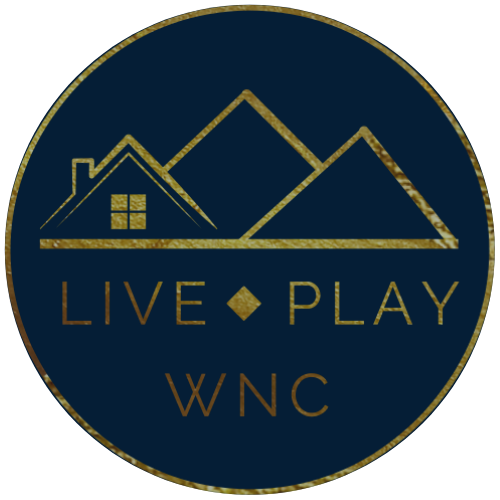Home Buying Ratios and Costs
There are many costs that come with buying a home beyond the sale price listed. Each of these costs can vary greatly by location, type of loan, and strength of negotiations, just to name a few. Conservatively, the minimum upfront costs needed to buy a house using a low money down FHA loan would require 3.5% down payment and estimated 3% for other costs, which would be somewhere around $13,000 on a $200,000 priced home.
The quick rule that lenders use to evaluate how much house you can afford is based off 28% and 36% of your gross monthly income (what you are paid before deductions and taxes are taken out). Using the 28% rule, lenders determine how much you can pay in monthly housing expenses that include mortgage principal, mortgage interest, taxes, and insurance (usually shorted to PITI). If your yearly gross income is $48,000 or $4,000 per month, then you could afford $1,120 for a monthly housing expense (PITI) under the 28% rule.
The 36% rule simply adds your monthly recurring expenses, like credit card bills, to PITI to ensure those are less than 36% of your gross monthly pay. It is a good idea to pay off most, if not all, your debts before buying a home. For someone making that same $48,000 per year or $4,000 monthly gross income, the recurring debt and PITI could not exceed $1,440 per month using the 36% rule.
Personal finance gurus, like Dave Ramsey, and I believe the percentage should be lower to give yourself enough cushion for inevitable increases to life expenses. Dave Ramsey recommends a max of 25% of your take home pay or net pay (what you are paid after deductions and taxes). Everyone’s budget is different, so use a professional accountant or personal finance planner if you have concerns.
Use this mortgage estimator to run scenarios for your new home.
Typical Home Buying Costs
| Upfront Costs | Ongoing Costs |
|
|
The bottom line is that you must have your financial house in order before attempting to buy a house! If you haven’t, start by creating an easy budget.
